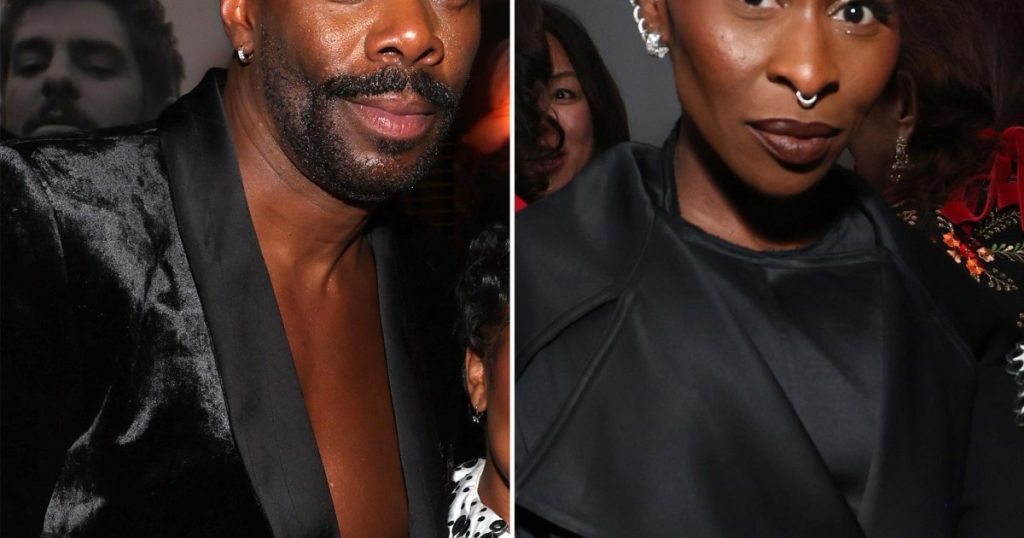The allure of the Real Housewives franchise extends far beyond the realm of dedicated Bravo viewers, captivating even some of the biggest names in entertainment. Nicki Minaj and Rihanna, both globally recognized music icons, have publicly proclaimed their fandom, demonstrating the widespread appeal of these reality television dramas. Their engagement with the series, through social media interactions, wearing merchandise, and expressing interest in participating, elevates the franchise’s cultural relevance and solidifies its position as a prominent force in pop culture discourse. This celebrity endorsement not only expands the show’s audience but also sparks conversations about the nature of reality TV, its impact on celebrity culture, and its ability to transcend traditional entertainment boundaries.
Nicki Minaj’s enthusiasm for the Real Housewives of Potomac reached new heights when she expressed her desire to host the show’s reunion. This public declaration, made via social media, ignited a wave of excitement among fans and cast members alike. Andy Cohen, the long-time host of the Housewives reunions, welcomed the idea, further fueling the possibility of Minaj’s involvement. The Potomac cast members themselves expressed their enthusiasm, envisioning the unique dynamic that Minaj’s personality and sharp wit would bring to the reunion. This intersection of music royalty and reality television highlights the power of social media in shaping contemporary entertainment, demonstrating how fan engagement can influence programming decisions and create unprecedented crossovers.
Rihanna’s connection to the Real Housewives universe manifested in a different, yet equally impactful way. Her support for Real Housewives of New York City cast member Leah McSweeney and her streetwear line, Married to the Mob, demonstrated the franchise’s influence on fashion and entrepreneurship. When McSweeney faced criticism from a fellow cast member regarding her clothing line, Rihanna’s public endorsement served as a powerful validation. By wearing a “Bitch Mob” t-shirt and sharing a related clip on Instagram, Rihanna not only defended McSweeney but also brought increased visibility to her brand. This interaction showcased the interconnectedness of celebrity, fashion, and reality television, demonstrating how these spheres can intersect to create moments of cultural significance.
These high-profile endorsements from Minaj and Rihanna underscore the Real Housewives franchise’s ability to transcend its initial categorization as mere reality television. The series has become a cultural phenomenon, attracting viewers from diverse backgrounds and captivating the attention of celebrities across various industries. This broad appeal speaks to the franchise’s ability to tap into universal themes of relationships, ambition, and personal growth, resonating with audiences who see reflections of their own lives and aspirations within the dramatic narratives presented. The celebrity engagement further amplifies these themes, transforming the Real Housewives from a guilty pleasure into a shared cultural experience.
The impact of celebrity involvement extends beyond simply boosting viewership. It fosters a sense of community among fans, creating a shared language and a platform for discussing the complexities of human relationships. The Real Housewives franchise, with its mix of dramatic confrontations, heartwarming moments of vulnerability, and aspirational lifestyles, provides ample fodder for discussion and analysis. When celebrities like Minaj and Rihanna participate in this discourse, they validate the experiences of everyday viewers, blurring the lines between celebrity and fan and fostering a sense of shared connection. This dynamic contributes to the franchise’s longevity and cultural relevance, solidifying its position as a staple in the entertainment landscape.
Ultimately, the fascination that celebrities like Nicki Minaj and Rihanna hold for the Real Housewives franchise speaks volumes about its enduring power. It’s a testament to the compelling narratives, the relatable characters, and the universal themes that resonate with audiences from all walks of life. This celebrity engagement elevates the franchise beyond the realm of typical reality television, transforming it into a cultural touchstone that sparks conversations, influences fashion trends, and fosters a sense of community among its diverse viewership. As the franchise continues to evolve, it’s likely that more celebrities will be drawn into its orbit, further solidifying its position as a dominant force in popular culture.

